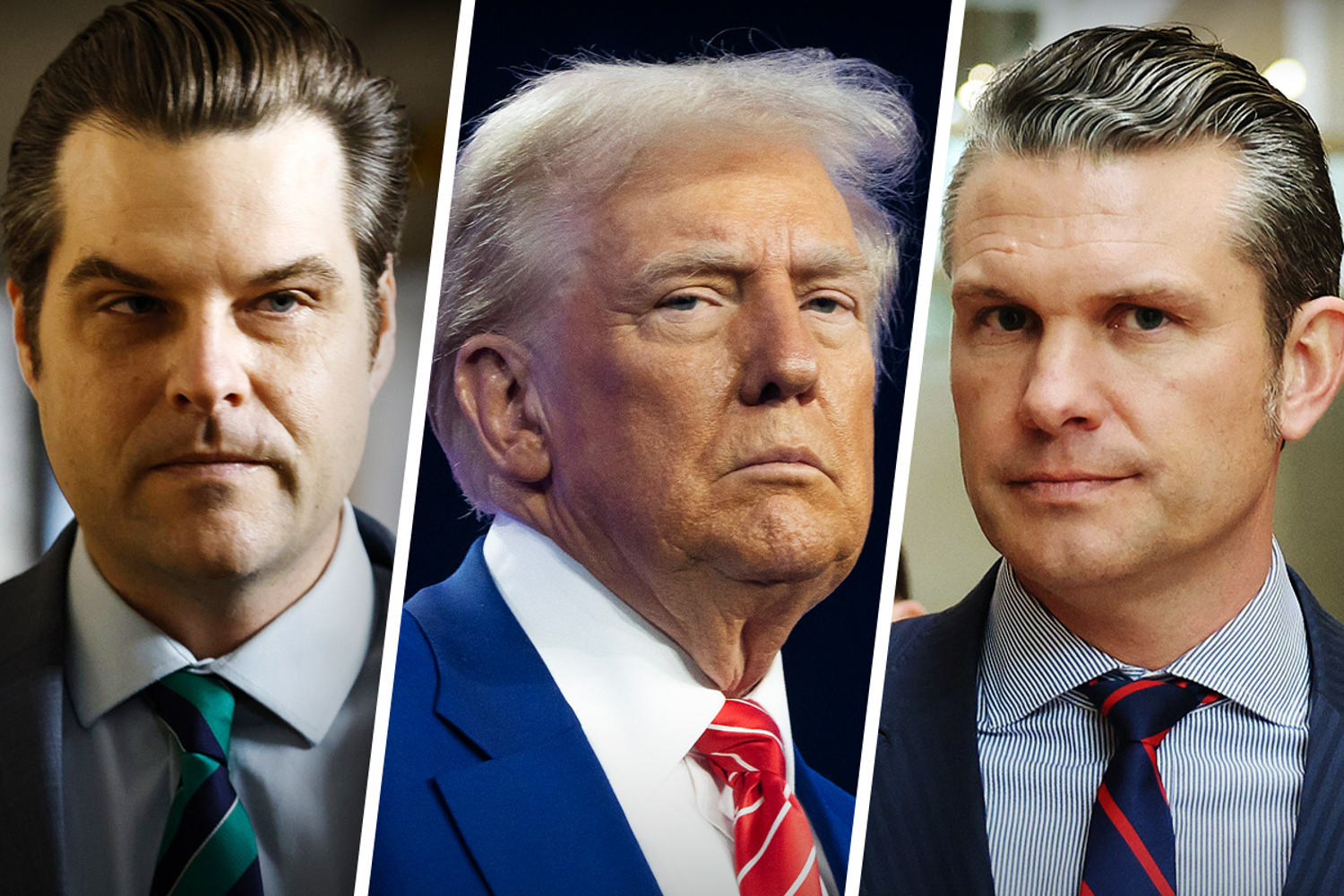
Donald Trump and his defense attorneys did everything they could to derail sentencing in the president-elect’s criminal case, but in the end, they failed. As last week came to an end, the incoming Republican president avoided meaningful punishment, but he’ll nevertheless soon become the first convicted felon to serve in the Oval Office.
The New York Times published an analysis noting that a rap sheet “was once a pretty-much-guaranteed disqualifier for the presidency,” which was true. In the not-too-distant past, there was a spirited public discussion about whether a divorced candidate could prevail in a national election; the idea that voters would elect a criminal was too ridiculous to even contemplate.
Indeed, in the wake of Friday’s sentencing, it was hard not to think of something former Ambassador Nikki Haley told NBC News last February, at the height of the fight for the Republican Party’s presidential nomination.
“I know the American people are not going to vote for a convicted criminal,” the South Carolinian said. There was simply “no way” this could happen, Haley added.
The assessment might’ve seemed compelling at the time, but GOP primary and caucus voters rallied behind Trump — seemingly indifferent to his laundry list of scandals, controversies, civil disputes and criminal indictments — and just under half of the electorate endorsed the party’s nominee soon after.
Indeed, even after a New York jury found him guilty of 34 felony counts of falsifying business records as part of the his hush money scandal, and even after he was sentenced, Republican officials continued to rally behind Trump — who turned his criminal case into a fundraising opportunity.
A few days before the president-elect’s sentencing, former Rep. Matt Gaetz told The Tampa Bay Times that he’s “starting to think about” running for governor in 2026, which followed weeks of related comments about his electoral ambitions. At face value, that seemed patently absurd given the devastating recent findings of the House Ethics Committee, which accused the Florida Republican of “regularly” paying women for sex during his tenure on Capitol Hill, using or possessing illegal drugs, accepting improper gifts, and even helping a woman he was having sex with obtain an expedited passport. (Gaetz has long denied any wrongdoing and was never charged.)
But a wide variety of Florida Republicans and prominent MAGA voices shrugged off the findings and said Gaetz might still be a viable GOP candidate for statewide office in the Sunshine State.
Meanwhile, as this week gets underway, former Fox News host Pete Hegseth, Trump’s choice to lead to Pentagon, is poised to receive his first Senate confirmation hearing. The prospective nominee is a scandal-plagued former television personality, who has never led a large organization, who has written bizarre and conspiratorial books, and who has been burdened by a highly provocative ideology, but by all accounts, most Republican senators are prepared to vote to confirm him anyway.
To be sure, Trump, Gaetz and Hegseth have repeatedly said that they’ve done nothing wrong. The fact remains, however, that the highly controversial allegations they’ve confronted — and in the case of the president-elect, the felony convictions — would’ve been politically fatal for others in their positions up until very recently.
It is, however, time to reassess what constitutes “career-ending” developments as the Republican Party enters its post-scandal phase. Jonathan Bernstein published a smart piece on this a couple of weeks ago:
… I do not believe that Republicans or conservatives are any more prone to [scandals] than Democrats. What has changed, however, is the incentive structure. Once upon a time both parties were equally likely to rid themselves of bad actors; now Republicans are far more likely to tolerate, and in some cases even celebrate, behavior they once would have shunned.
I don’t doubt that some observers will be quick to make “both sides” characterizations of the larger dynamic, but those assessments will fall short. When then-Illinois Gov. Rod Blagojevich and then-New Jersey Sen. Bob Menendez faced scandals, there were no efforts by the Democratic Party to look the other way, target prosecutors, or excuse their criminal allegations. Instead, Democrats showed them the door.
Similarly, it’s inconceivable that Democrats would consider a presidential candidate with Trump’s background, a gubernatorial candidate with Gaetz’s record, or a defense secretary nominee burdened by the kind of controversies surrounding Hegseth.
But in 2025, as the GOP becomes a post-scandal party, the informal partisan rules that define our politics have changed.
